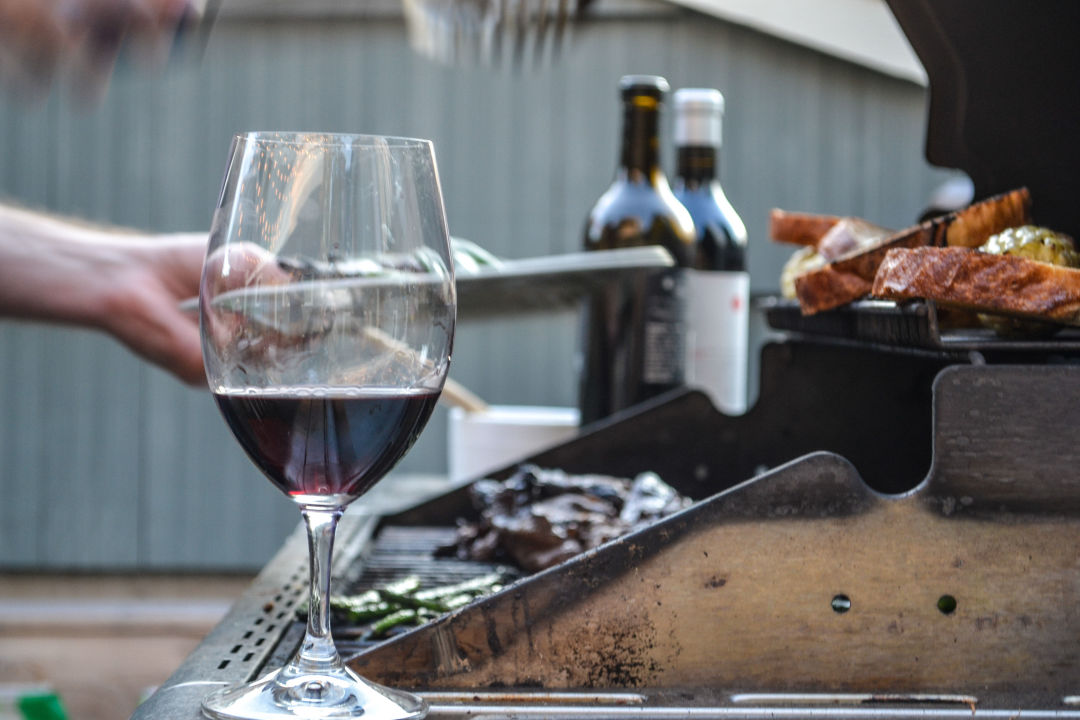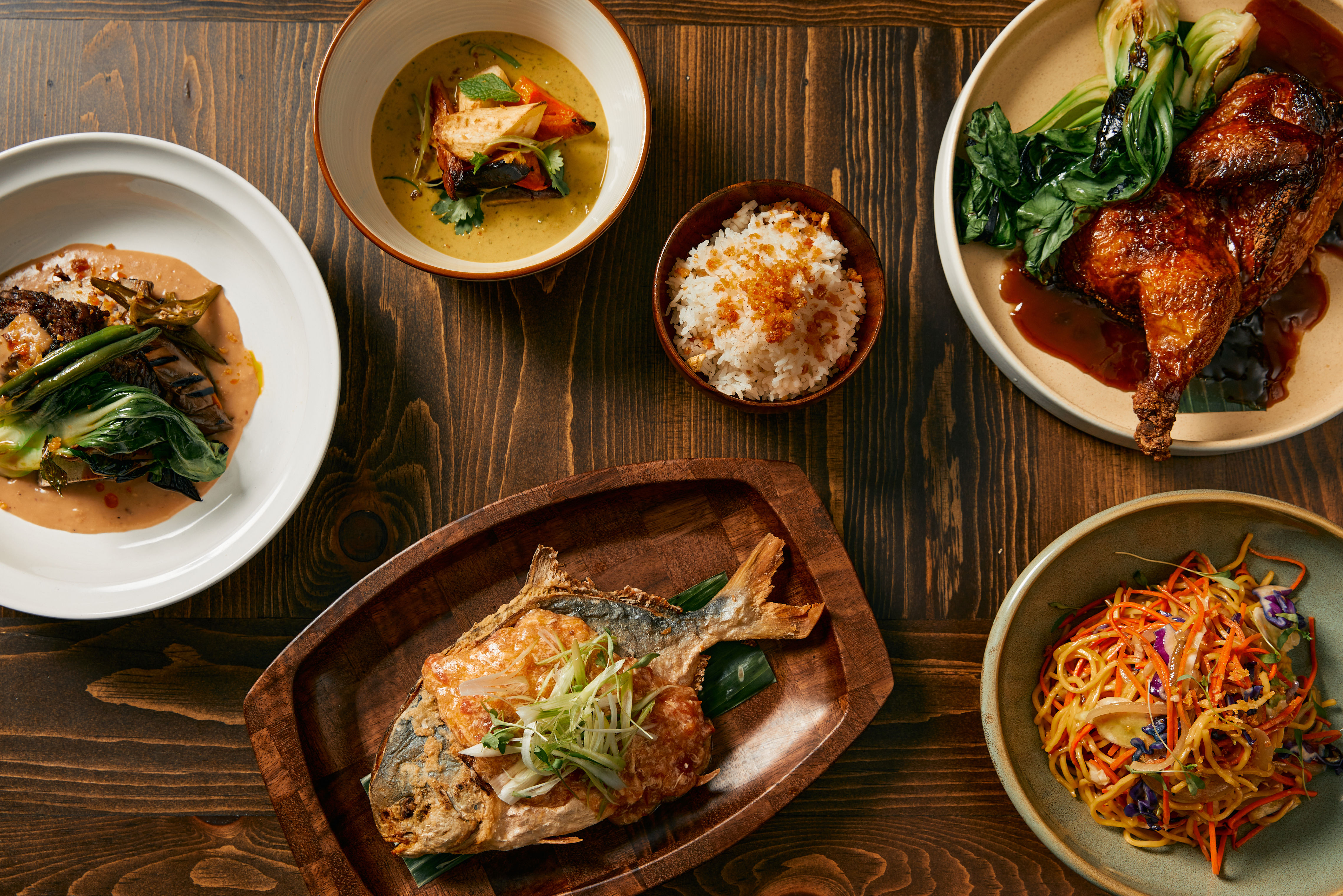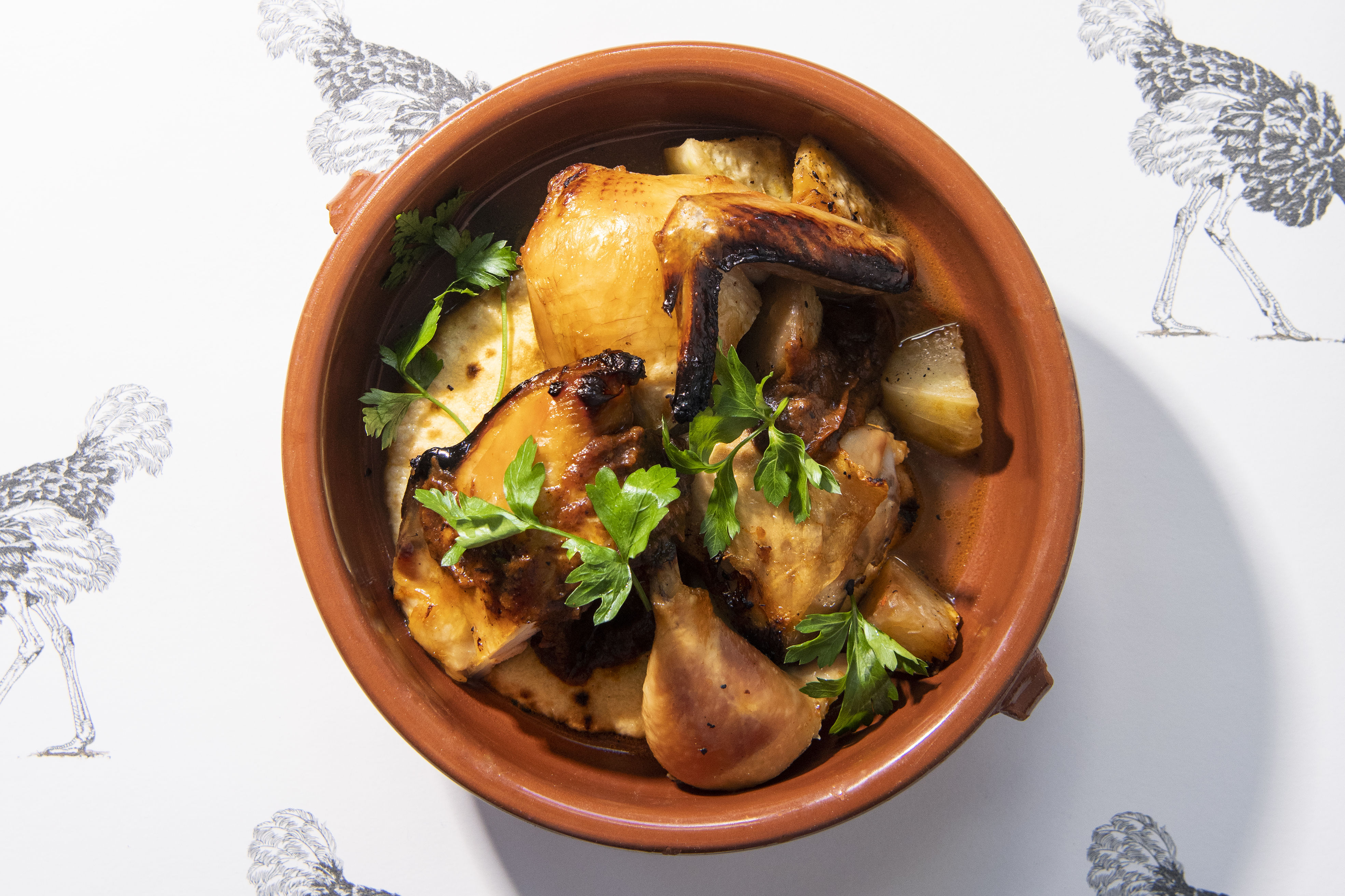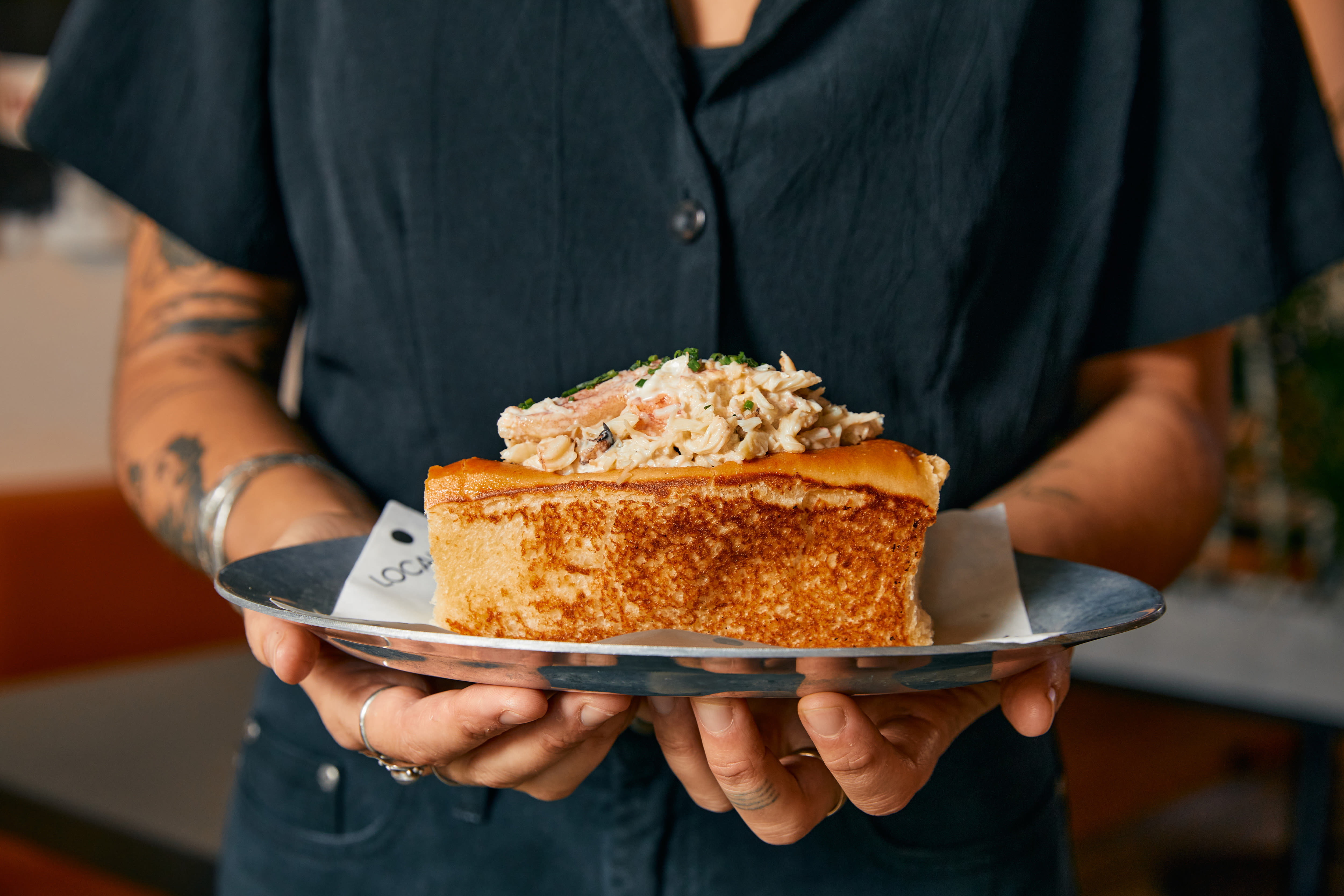The 2021 Version of Taste Washington Trades Events for Exploration

A set of takeout themes (like barbecue and syrah) let restaurants flex creative muscles, or stick to what they know best.
Image: Image Courtesy Visit Seattle
Taste Washington returns, per usual, in March, but with a re-imagined setup that trades a packed event space for a monthlong calendar of takeout events and other individualized ways to explore our local wine region.
Today Visit Seattle—which produces the 24-year-old event in partnership with the Washington Wine Commission—released the (still-expanding) lineup of this year’s modified Taste Washington To Go. Rather than go heavy on Zoom seminars or virtual meetups, organizers set up a takeout and wine pairing theme for every week in March, and recruited a half dozen marquee restaurants to participate in each one (other restaurants are welcome to join in).
This approach, says Visit Seattle senior vice president Ali Daniels, opens up Taste to smaller wineries and restaurants unable to participate in the traditional mega-scale soiree at CenturyLink Field Event Center—now, of course, the Lumen Field Event Center. The final list is an impressive mix of outstanding restaurants (Canlis, Musang—Seattle Met's most recent restaurant of the year, Restaurant Homer, Salare, Mamnoon (2013), Joule, Kamonegi, Sawyer) and ascendant favorites like the Mixtape Pasta popup, Local Tide, and BopBox in Georgetown.
Additionally, wineries will run their own promotions and a number of hotels have staycation packages in honor of Taste. Whole Foods stores across the state will suggest recipes to pair with Washington-made bottles, meaning wine shoppers elsewhere could explore our own rieslings or red blends. The Taste Washington newsletter will unroll specifics as they get confirmed.
Organizers typically kick into high gear around October or November, locking in participating chefs and winemakers. This past fall, of course, uncertainty thwarted any conversation about what sorts of events might be advisable—or even possible—by March 2021. Also, “it wasn’t a time to ask restaurants to do anything more than survive,” Daniels recalls. This iteration of Taste came together with unprecedented speed once it became clear an in-person event wasn’t viable. But it fits the moment. “There’s no registration fee this year,” says Daniels. “We want to make it extremely easy” both for restaurants and wineries, and the people who might come out to support them.
Even the themes are designed to be accessible, rather than saddle restaurants with a big lift. The month begins with “casseroles and cabernet,” then moves on to “catch of the day with chardonnay.” That week, Ethan Stowell’s Goldfinch Tavern will be one of the restaurants concocting a seafood special. The chef has spoken out over this past year about how consolidated events like company holiday parties can make a difference for restaurants struggling to stay solvent amidst constantly shifting restrictions. “The way they set it up is great for us,” says Stowell, and a chance to draw some business outside of regulars who turn out faithfully to support their favorite spots.
Liz Kenyon of Rupee Bar is plotting a dinner based on tamarind-glazed ribs, crisped in the tandoor, for the week dedicated to barbecue and syrah (she chose a version by up-and-comer Savage Grace). These sorts of events are “usually a fun excuse to get together with fellow cooks and chefs and fellow wine people,” she says. But even in this remote setup, “it’s nice to feel a little bit normal.” (This time around, an event like Taste also offers a nice bump in orders to Rupee Bar’s farmers and other purveyors.)
Last year’s Taste was supposed to be a reimagining as well. Organizers brought in Feast Portland co-founders Carrie Welch and Mike Thelin to give the event a culinary persona as impressive as the wine side of the equation. That investment made the decision to cancel last year’s event especially difficult, at least back in the fraught pre-shutdown days of early March, remembers Chris Stone, the VP of marketing and communications for the Washington Wine Commission. It also underscored the need to do something this year.
While these past 12 months have certainly called for copious wine consumption, Washington’s wineries experienced different levels of precarity based on their business models. Stone says his organization just encourages consumers to shop local however they are able. But he hopes this month’s slate of promotions encourages customers to join a wine club. “You can really get to know a winemaker,” not unlike being a regular at a restaurant, and it offers producers a dose of financial certainty.
Stone is eager to resume Taste as we knew it—the seminars, that feeling as you enter the Grand Tasting of being engulfed in food and wine. But like the rest of Taste’s organizers, he’ll be watching this year’s version to see what elements should carry forward to our next normal.




